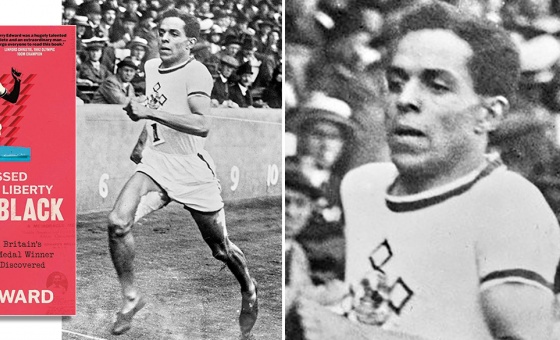This is the last article you can read this month
You can read more article this month
You can read more articles this month
Sorry your limit is up for this month
Reset on:
Please help support the Morning Star by subscribing here
Our civil rights took a pummelling yesterday after Britain’s highest court upheld 90-year-old peace campaigner John Catt’s place on a “domestic extremism” database.
War veteran Mr Catt vowed to fight the Supreme Court verdict, saying he had “no option” but to appeal with the European Court of Human Rights.
Four judges overruled a Court of Appeal decision made last year stating that maintaining the campaigner’s details on the National Domestic Extremism Database was an intrusion on Mr Catt’s private life.
Judges decided four to one that retaining the information was “justifiable.”
Lord Sumption argued that “the fact that some of the information recorded in the database relates to people like Mr Catt, who have not committed and are not likely to commit offences, does not make it irrelevant for legitimate policing purposes.
“The longer-term consequences of restricting the availability of this resource to the police would potentially be very serious.”
Mr Catt said he was “disappointed” at the decision.
“I cannot agree that the police in this country should be trusted with information about innocent people’s lawful political activities,” he said.
“In my view, without a new system of rules governing police surveillance, there is too much scope for the police to abuse their powers.
“I am therefore left with no option but to take this matter to the European Court of Human Rights for the sake of other innocent people whose lawful political activities are being monitored by the state.”
Mr Catt had been involved in the peace movement since 1948 but it was only in 2011 that he found the National Public Order Intelligence Unit had been collecting information on his political activities.
He launched legal action against the Association of Chief Police Officers when it refused to delete his details.
The Network for Police Monitoring (Netpol), which followed Mr Catt’s case from the start, argued the ruling gave “the police extraordinary discretion to gather personal information of individuals for purposes that are never fully defined.”
Netpol coordinator Kevin Blowe said: “The Supreme Court has accepted that no further justification is apparently required other than investigating the ‘links between protest groups’ and their ‘organisation and leadership’.
“This judgment represents judicial approval for the mass surveillance of UK protest movements.”
Human rights group Liberty echoed the sentiment, fearing that the decision had curtailed protesters’ basic rights.
Liberty legal director James Welch said: “Today’s judgment is deeply disappointing.
“The freedom to protest peacefully is a fundamental right, not something we get to exercise only in exchange for handing over another vital right — the right to privacy.
“Mr Catt is no ‘domestic extremist’ — he has committed no crime. Yet today’s decision gives police the green light to obtain and store his and others’ information on an industrial scale.”








